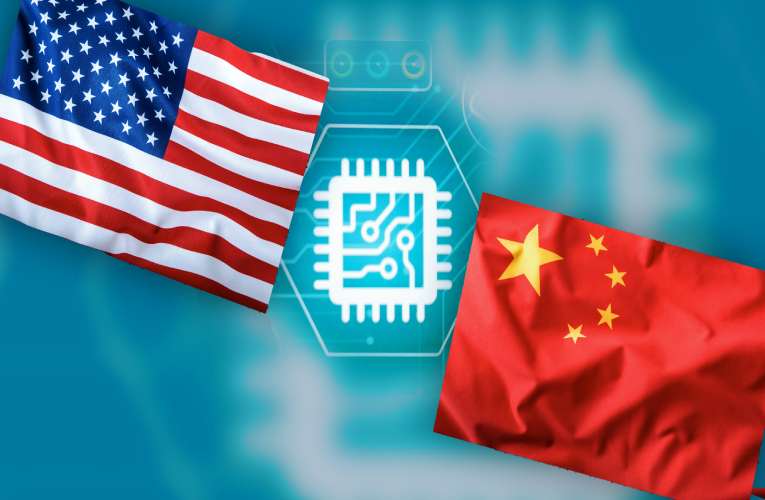
In fact, the US people working on Chinese firms and sale of these related technologies are also subject to licensing requirements
In an effort to perk-up the growth of the semiconductor industry and control the security of the nation, the US Department of Commerce’s Bureau of Industry and Security (BIS) has unleashed some favorable regulations to control the semiconductor fabrication and supercomputing. The Joe Biden government in October 2022 has further unleashed some tough rules on the export of supercomputing, semiconductors, and their related equipment and inputs to China. In fact, the US people working on Chinese firms and sale of these related technologies are also subject to licensing requirements.
These rules and regulations expanded the potential of BIS to impose a ban on transfer to technology by the end-user to China. The markets have responded in a harsh way with billions of dollars removed from equities in integrated circuits (IC) and wafer fabrication equipment (WFE), which is controlled by the US firms such as Applied Materials, Lam Research and KLA. The Taiwanese, Korean, and US companies equipped with chipset manufacturing units have also grabbed a one year license to utilize US technologies at these sites.
But, according to the experts in the country, the interval could be for a short period of time because during the second week of November, US Commerce Secretary Gina Raimondo sent her undersecretary to Japan and Netherlands and requested them to take more action. Therefore, the situation is not clear whether these countries who are specialists in the lithography process will pay attention to the requests put forward by the US. It is now difficult to understand what more the US government wants from its allies.
Their dual-use lists already comprise important lithography equipment. The controls and banning of exports are subject to some treaty agreements and close relationships between Japan, US, and the EU member states. Now, the Netherlands also banned export licenses on any Extreme UV (EUV) that is utilized for large-scale manufacturing of very miniaturized processors.
According to an exclusive report of East Asia Forum, while market valuations have stabilized, October’s developments should not be underestimated. These measures are a departure from the ‘sliding scale’ approach that had kept the United States and its allies one or two generations ahead in key technologies. As US National Security Advisor Jake Sullivan declared – the latest export controls are designed to foster ’as large of a lead as possible’.

